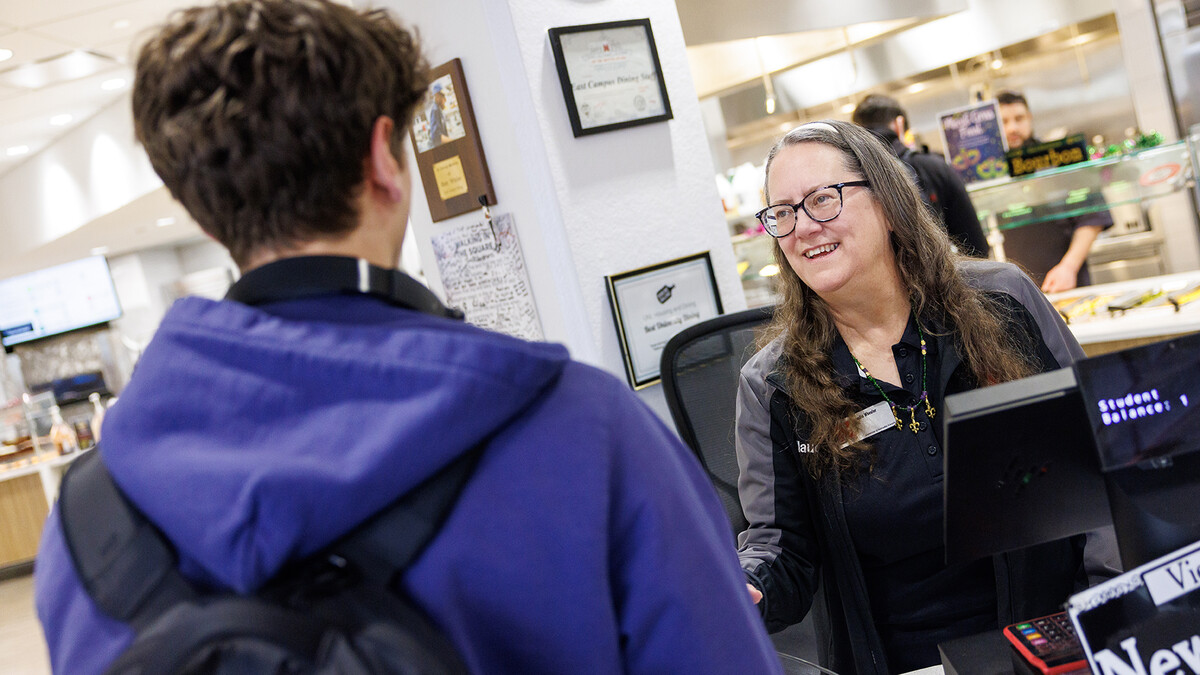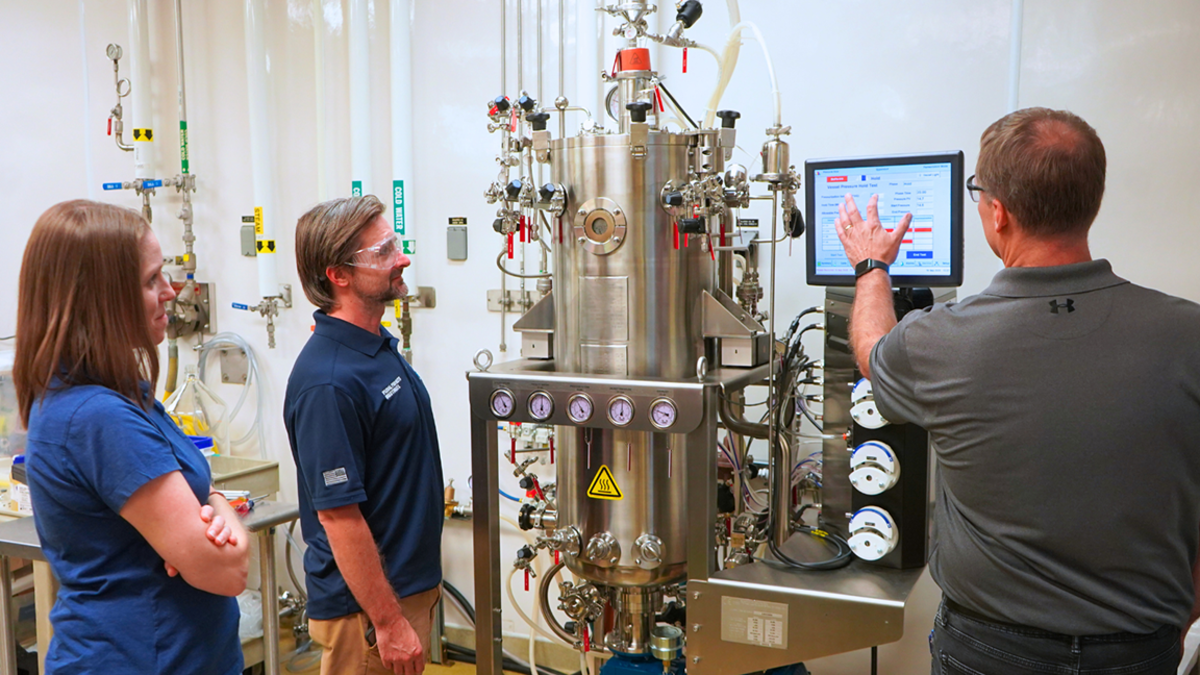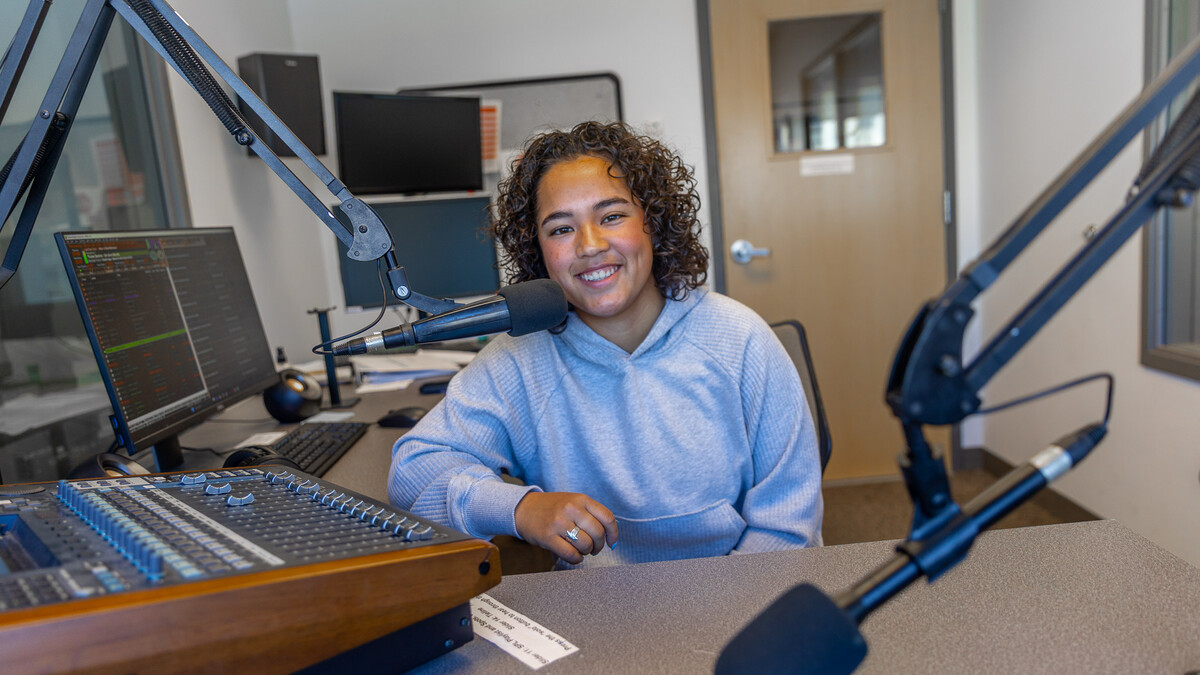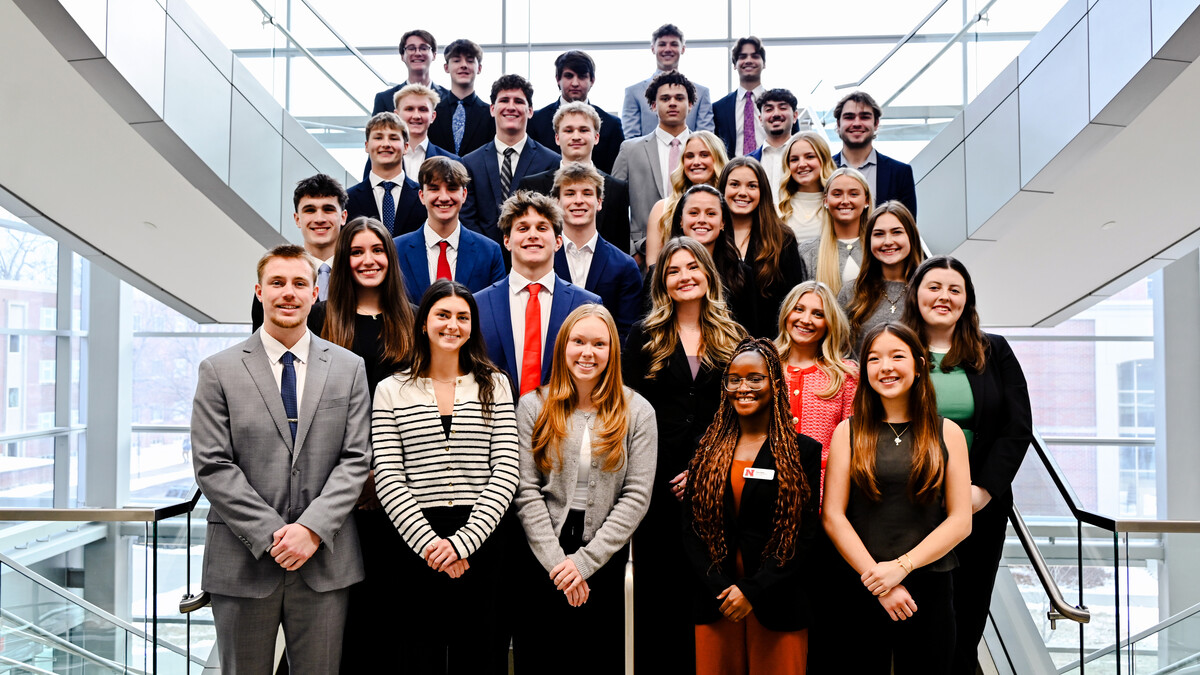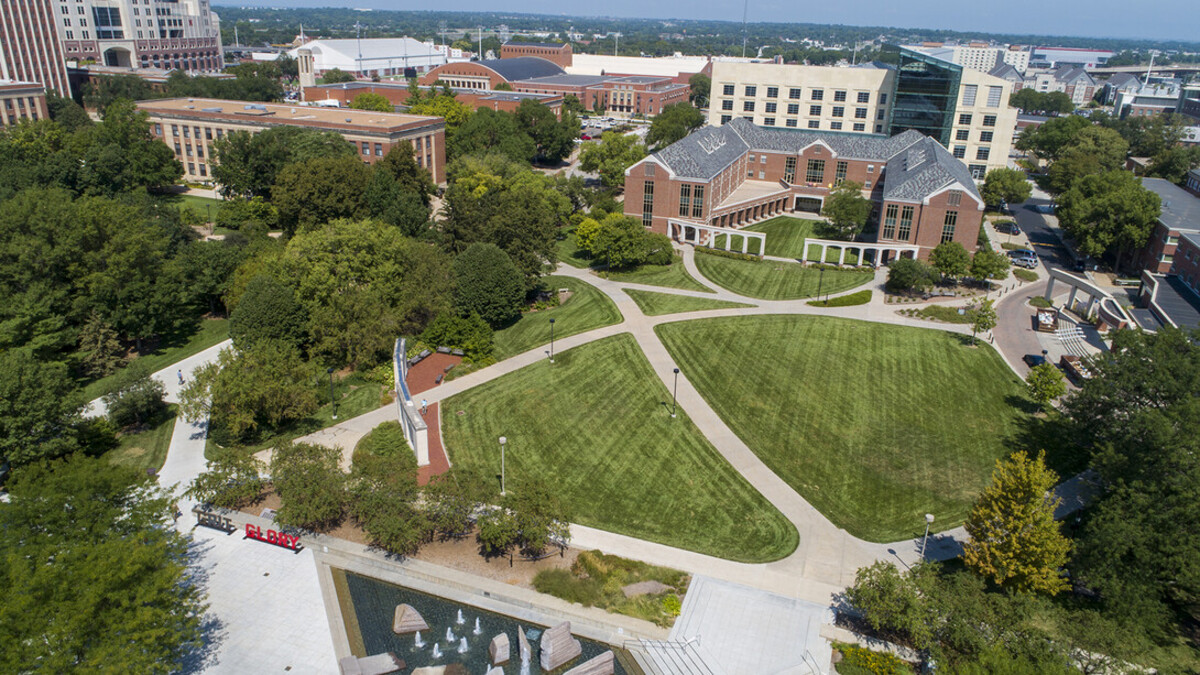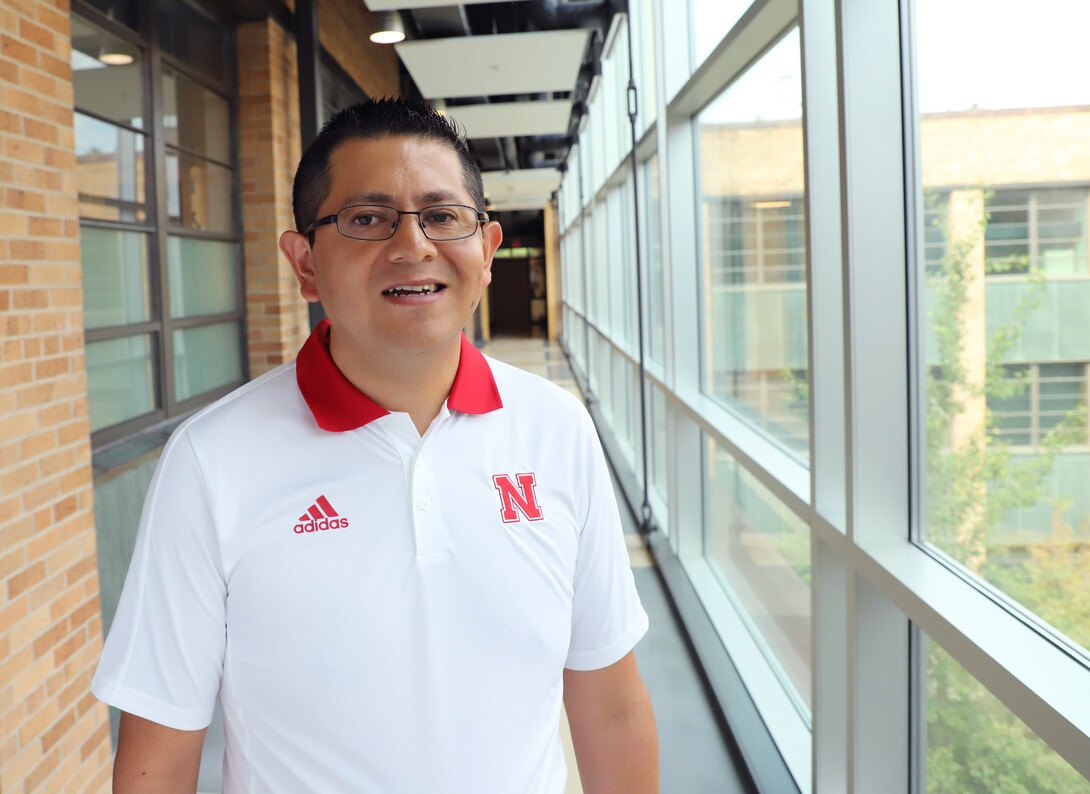
This spring’s Agronomy and Horticulture Seminar Series begins with “Reflections, Misconceptions and Other Issues in Plant Breeding Applications: From Sparsity to Sparse Testing, Noise Prediction and Other Unexplored Topics,” presented by Nebraska’s Diego Jarquin.
The spring 2020 Agronomy and Horticulture Seminar Series begins Jan. 24 with “Reflections, Misconceptions and Other Issues in Plant Breeding Applications: From Sparsity to Sparce Testing, Noise Prediction and Other Unexplored Topics.”
The talk will be led by Diego Jarquin, a research assistant professor of agronomy and horticulture. He will discuss technologies that allow researchers to collect information from multiple source types not previously available.
Jarquin will demonstrate why using and integrating these data requires new methodology to cope with their complexity. In the presentation, he will also introduce some new techniques that can potentially be deployed to leverage existing plant-breeding applications.
All seminars in the series are 3:30 p.m. in Keim Hall, Room 150. They will be streamed online unless otherwise noted. All seminars are free and open to the public. Refreshments will be served at 3 p.m.
Dates and topics for the series are listed below. Speakers are from the University of Nebraska–Lincoln unless otherwise noted.
Spring 2020 Agronomy and Horticulture Seminar Series
Jan. 31: “Developing and Applying Genomic Tools for Soybean Improvement,” David Hyten, associate professor and Haskins Professor of Plant Genetics, Department of Agronomy and Horticulture
Feb. 7: “Developing Strategies for Improving Abiotic Stress Tolerance of Photosynthetic Apparatus in Crops Grown for Food and Fuels,” Katarzyna Glowacka, assistant professor, Department of Biochemistry
Feb. 14: “Connecting Root Exudate Variation in Corn to Microbial Recruitment and Growth,” Tessa Durham Brooks, associate professor of biology, Doane University, Crete
Feb. 21: “Screening for Early Warnings of Large-Scale Vegetation Transitions,” Dirac Twidwell, associate professor, Department of Agronomy and Horticulture
Feb. 28: “USDA – Achieving More Together: Partnership Success Between UNL and the Natural Resources Conservation Service and Future Opportunities,” Neil Dominy, state soil scientist, Partnerships and Initiatives, U.S. Department of Agriculture
March 6: “Molecular Switches in Plant Sulfur and Redox Metabolism,” Joseph Jez, chair and Spencer T. Olin Professor of Biology, Howard Hughes Medical Institute Professor, Department of Biology, Washington University in St. Louis
March 13: “Metabolic Engineering of Lignin for Advancing Agricultural Sustainability and the New Bioeconomy,” Richard Dixon, distinguished research professor, BioDiscovery Institute, Department of Biological Sciences, University of North Texas, Denton
April 3: “Who’s Learning from Whom? Integrating Farmer Perspectives into Research and the Classroom,” Randa Jabbour, associate professor of agroecology, Department of Plant Sciences, University of Wyoming
April 10: “Soil Microbial Dynamics, Climate Change and Management Effects on Soil Carbon and Nitrogen Retention in Agroecosystems,” Sean Schaeffer, associate professor, Department of Biosystems Engineering and Soil Science, University of Tennessee, Knoxville
April 17: “Culture, Horticulture and Wild Relatives of Croatia,” John Preece, supervisory research leader/horticulturist, National Clonal Germplasm Respository, University of California, Davis and National Ari2d Land Plant Genetic Resources Unit, Parlier, California, USDA-ARS
